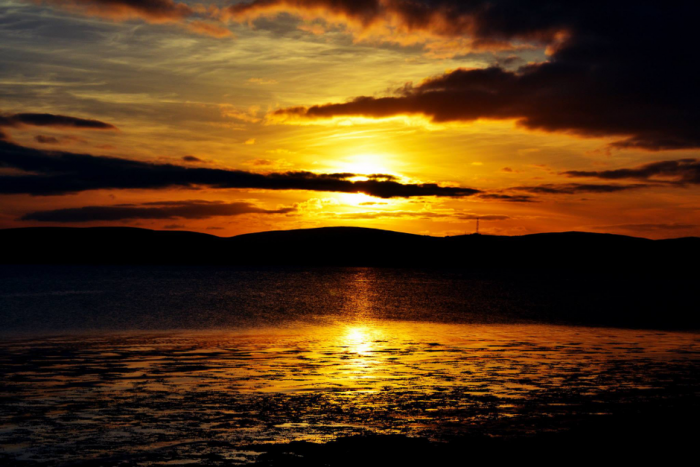The notion of property has had many accolades assigned to it. In some iterations, it is the bringer of freedom (Anderson and Huggins 2003); in others it is a wielder of power (Underkuffler 2003). It is also a way of distinction between culture and nature, boiled down to the ownable and unownable. Land, a cultural prism, has long been an easily divisible and ownable space, whereas the sea, in its distant bubble of “hypernature,” has never been for individual ownership (Helmreich 2011; Jackson 1995). (I speak here of course for our modern Western society; individuals and communities have apportioned and “owned” coastal areas in numerous cultures across centuries [see, e.g., Mulrennan and Scott 2000]).
Blog
